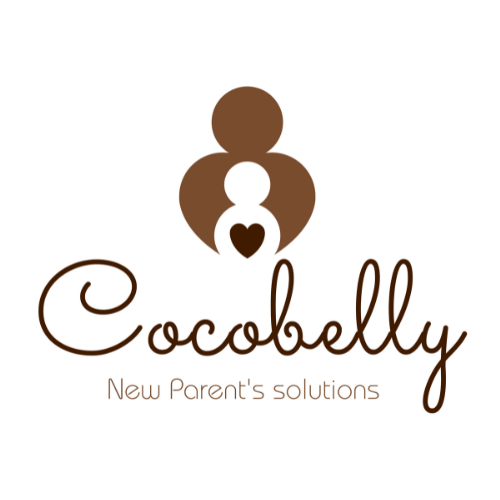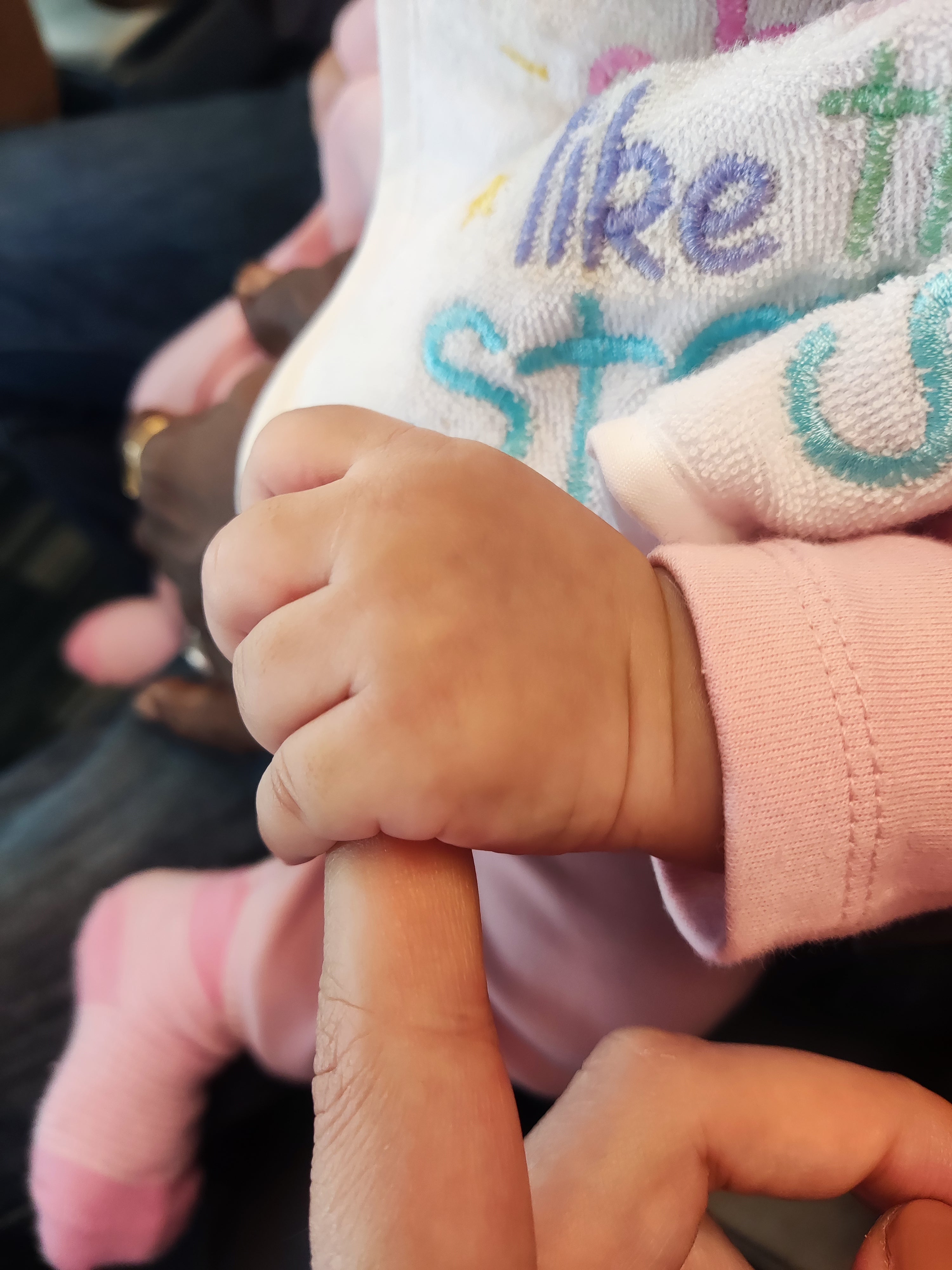Parenting is a journey filled with joy, love, and, undeniably, a myriad of questions. One of the most common inquiries new parents have revolves around their baby's developmental milestones. How can you tell if your baby is on track? What should you expect in the first year? Let's explore these questions and provide some clarity for the incredible journey ahead.
Understanding Developmental Milestones
Developmental milestones are behaviors or physical skills seen in infants and children as they grow and develop. These milestones are categorized into five domains:
Key Milestones in the First Year
1. 0-3 Months: Building the Basics
- Cognitive: Your baby starts to recognize faces, follows objects with their eyes, and begins to understand the environment.
- Social and Emotional: Smiling at people, especially caregivers, and beginning to develop a sense of trust.
- Speech and Language: Coos and gurgles, responds to sounds, and starts to mimic sounds.
- Fine Motor: Grasps objects placed in their hand and starts to bring hands to mouth.
- Gross Motor: Lifts head when lying on the stomach and begins to push up on arms.
2. 4-6 Months: Exploring the World
- Cognitive: Shows curiosity about things and tries to get things out of reach.
- Social and Emotional: Recognizes familiar faces and starts to know if someone is a stranger.
- Speech and Language: Babbles with expression and copies sounds.
- Fine Motor: Reaches for toys with one hand and transfers objects from one hand to another.
- Gross Motor: Rolls over from tummy to back and back to tummy, and begins to sit without support.
3. 7-9 Months: Active Discovery
- Cognitive: Looks for things they see you hide and plays peek-a-boo.
- Social and Emotional: Develops preferences for certain people and toys, and shows fear of strangers.
- Speech and Language: Understands "no," makes many different sounds, and uses fingers to point at things.
- Fine Motor: Picks up small objects using thumb and fingers.
- Gross Motor: Crawls and pulls to stand, stands holding on, and can sit without assistance.
4. 10-12 Months: Little Explorer
- Cognitive: Explores things in different ways, like shaking, banging, and throwing.
- Social and Emotional: Shows preferences for certain people and toys, and has favorite things.
- Speech and Language: Responds to simple spoken requests, uses simple gestures like shaking head "no" or waving "bye-bye."
- Fine Motor: Puts objects in and out of containers, and lets objects go without help.
- Gross Motor: May stand alone and take a few steps without holding on, begins to walk holding onto furniture.
Supporting Your Baby’s Development
1. Create a Stimulating Environment
Provide a variety of toys and activities that stimulate your baby's senses. Simple toys that engage their sight, sound, and touch can be incredibly beneficial.
2. Interact and Communicate
Talk, sing, and read to your baby every day. These interactions are crucial for language development and social bonding.
3. Encourage Movement
Allow your baby plenty of time to play on their tummy, which helps develop their muscles and motor skills. Safe spaces for crawling, rolling, and walking are also important.
4. Respond to Cues
Pay attention to your baby’s signals and respond to their needs. This helps build trust and emotional security.
5. Regular Check-ups
Regular pediatric check-ups are essential to ensure your baby is developing appropriately. Your pediatrician can provide guidance and support for any concerns.
When to Seek Help
While every baby is unique and develops at their own pace, there are some red flags that might indicate a need for professional evaluation:
- Not responding to loud sounds by 3 months.
- Not smiling at people by 3 months.
- Not following moving objects with their eyes by 3 months.
- Not holding their head up by 3 months.
- Not sitting with help by 6 months.
- Not babbling by 6 months.
- Not crawling by 12 months.
- Not saying single words like "mama" or "dada" by 12 months.
If you notice any of these signs or have concerns about your baby's development, don’t hesitate to consult your pediatrician.
Understanding and supporting your baby's developmental milestones is a rewarding part of the parenting journey. By being attentive and proactive, you can ensure your baby has the best possible start in life. Remember, every child is unique, and your love and care are the most important factors in their development. Feel free to share your experiences and ask questions in the comments below. Together, we can navigate the incredible journey of parenthood!




Leave a comment
All comments are moderated before being published.
This site is protected by hCaptcha and the hCaptcha Privacy Policy and Terms of Service apply.